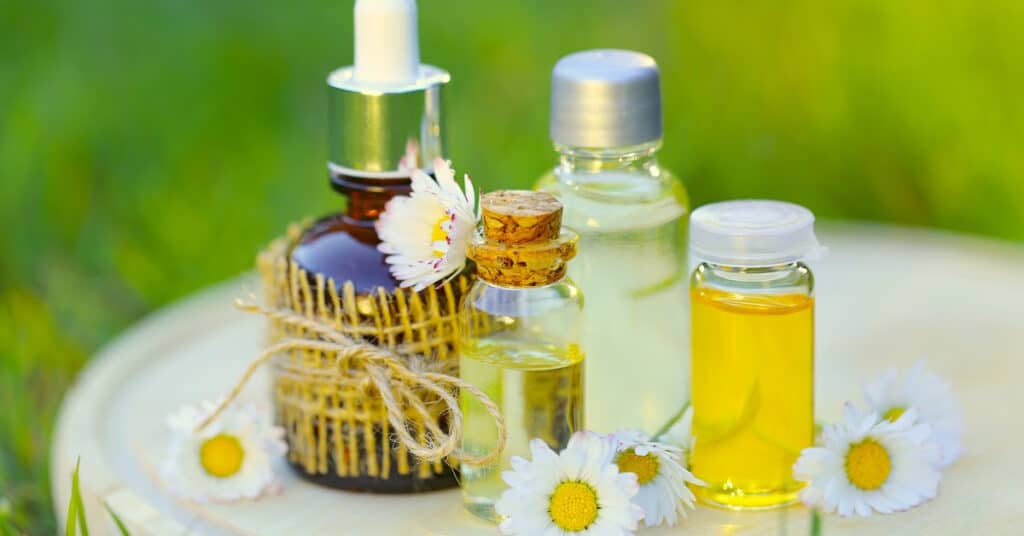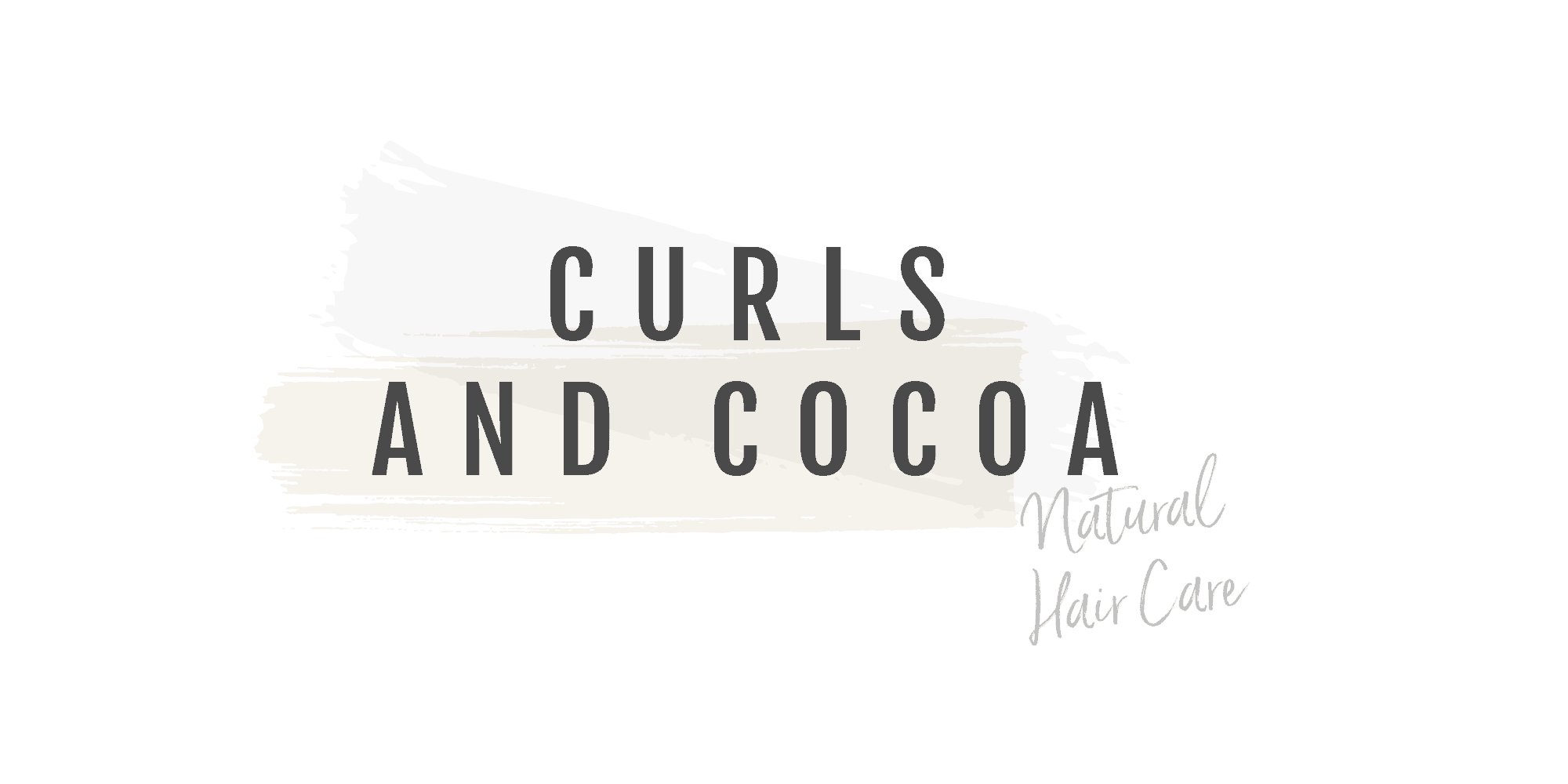Understanding Low Porosity Hair
Let’s dive into the world of low-porosity hair and the hunt for the perfect oil to nurture it.
Imagine your hair as a tightly closed rosebud; that’s low porosity hair for you. It’s tricky because this type of hair has its cuticles lying flat, making it a challenge for moisture to penetrate and hydrate the hair shaft which is the complete opposite of high porosity hair.
Now, this is where the magic of lightweight oils, like our hero jojoba oil, comes into play. Low porosity hair craves oils that won’t sit on the surface but will penetrate those tight cuticles to moisturise from within.
We’re talking about the best oils which are rich in vitamins and essential fatty acids, but light enough to not weigh down your precious strands of hair.
It’s all about striking that perfect balance for moisture retention without leaving your hair feeling greasy. So, for my fellow low porosity hair warriors, the quest for that perfect match involves finding oils that are just the right kind of feather-light and packed with hair-loving nutrients.
***Please note that this site uses affiliate links if you would like to read the legal stuff you can find it here

Why Jojoba Oil Stands Out
If you’ve been on a quest for the holy grail of natural oils for your low porosity hair, let me tell you about jojoba oil and why it’s a game changer and the right oil for your curly hair.
First off, this oil is like a superhero for those of us with stubborn, moisture-resistant locks. It’s remarkably similar to the natural oils produced by our scalp (sebum), making it one of the most effective moisturisers out there.
And guess what? It’s packed with vitamins and essential fatty acids that our hair follicles simply adore, fostering healthy hair growth and adding that silky sheen we all crave.
But here’s the kicker – it doesn’t just stop at making our tresses feel amazing. Jojoba oil is also incredibly lightweight, which means it has the ability to moisturise and nourish without that dreaded greasy residue.
For anyone, who’s trying to maintain a balanced hair care routine without weighing their low porosity strands, that’s a huge plus. Its versatility extends beyond the hair shaft to skincare, making it a staple for many.
Incorporating jojoba oil into your regimen could be the first step towards achieving the luscious, healthy hair and skin you’ve been dreaming of.
Benefits of Using Jojoba Oil in Your Hair
- Moisturises and conditions: Jojoba oil is an excellent natural moisturiser for the hair. It helps to hydrate, prevent moisture loss and nourish the strands, making them softer, smoother, and more manageable. It can also help to reduce frizz and add shine to the hair.
- Promotes hair growth: Jojoba oil has properties that can help stimulate hair growth. It nourishes the hair follicles, promoting a healthy environment for hair growth and reducing hair loss. Regular use of jojoba oil can contribute to thicker, fuller-looking hair.
- Strengthens and protects: The nutrients present in jojoba oil, such as vitamins E and B, as well as minerals like zinc and copper, help to strengthen the hair strands and prevent breakage. It also forms a protective barrier around the hair, shielding it from damage caused by environmental factors, heat styling, and chemical treatments.
- Soothes the scalp: Jojoba oil has soothing properties that can help alleviate dryness, itchiness, and flakiness of the scalp. It can help balance your scalp’s natural oil production, reducing conditions like dandruff, dry scalp and scalp irritation.
- Adds shine and luster: Jojoba oil can enhance the natural shine and luster of the hair. It smooths the hair cuticles, reflecting light and giving the hair a healthy, glossy appearance.
- Versatile and lightweight: Jojoba oil is lightweight and non-greasy, making it suitable for all hair types. It can be used as a leave-in conditioner, hair serum, or added to hair masks and treatments for added benefits.
Incorporating jojoba oil into your hair care routine can help improve the overall health and appearance of your hair. Remember to use it in moderation and adjust the amount based on your hair’s needs.
Comparing Oils: Jojoba vs Other Popular Oils
Let’s dive into why jojoba oil might just be your hair’s low porosity new best friend, compared to other popular picks like coconut, argan, sweet almond oil, and grapeseed oil.
First off, let’s talk weight. You’ll find when it comes to oils that there are some light oils and there are heavier oils. You know how some oils can leave your hair feeling like it’s carrying weight? Jojoba oil doesn’t do that. It’s super lightweight, making it a dream for those of us with low porosity hair that struggles to soak up moisture.
Jojoba oil is a powerhouse packed with nutrients, vitamins and essential fatty acids that nourish the scalp and support healthy hair growth. While coconut oil is all the rage for its moisture-retention capabilities, it can be too heavy and block moisture absorption for low porosity hair.
Argan and grapeseed oils are great but don’t quite match up to jojoba’s ability to mimic the scalp’s natural oils.
When it comes to applicability for low porosity hair, jojoba oil is the clear winner. It doesn’t just sit on top of your hair shaft and hair follicles; it actually penetrates, ensuring your hair gets the moisture and vitamins it craves without any greasy residue.
So there you have it – when we pit jojoba oil against other popular options, its lightweight nature, rich nutrient profile, and perfect compatibility with low porosity hair make it stand out. Consider making jojoba oil a staple in your hair care routine for silky, healthy growth and say goodbye to dry, unmanageable hair.
How to Use Jojoba Oil for Best Results
Here’s how you can use jojoba oil in your hair effectively.
First off, you want to start with just a small amount of oil – just a few drops should be sufficient. This oil is mighty, and a little goes a long way.
You can apply it to damp hair to really seal in that moisture if you wish. You can even mix it with your favourite conditioner or a light leave-in for an extra boost of hydration.
Remember, our goal is to nourish and moisturise without weighing our hair down. So, keep it light, and your low porosity hair will thank you.
Final Thoughts On Is Jojoba Oil Good For Low Porosity Hair
So here we are, at the end of our journey through the world of low porosity hair and answering the question, Is Jojoba Oil Good For Low Porosity Hair?
I’ve walked you through why this natural marvel stands head and shoulders above coconut oil, argan oil, and even the much-lauded olive oil for those of us navigating the tricky waters of natural hair care routines with low porosity hair.
Yes, the struggle for moisture retention, healthy hair growth, and finding that perfect hair product that doesn’t weigh down our locks is real. But it seems like jojoba oil, with its lightweight magic, essential fatty acids, and Vitamin E, might just be the beacon of hope we’ve been searching for.
Consider this your nudge, your gentle push towards giving jojoba oil a go. Maybe you’re tired of the endless battle with dry hair, or perhaps you’re curious about the hype surrounding this oil’s ability to mimic the scalp’s natural oils.
Either way, integrating jojoba oil into your hair care routine might just be the leap of faith your low porosity hair needs and best for your hair health.
Remember, the right hair products can transform your hair follicles and entire hair shaft, leading to the luscious locks we all dream of. Let the golden drops of jojoba oil be your first step on this path to nourishment and health.
Related posts:
The best shampoo for low porosity hair
10 Low porosity hair characteristics you need to know
5 Low porosity hair care tips you need

 >
>
